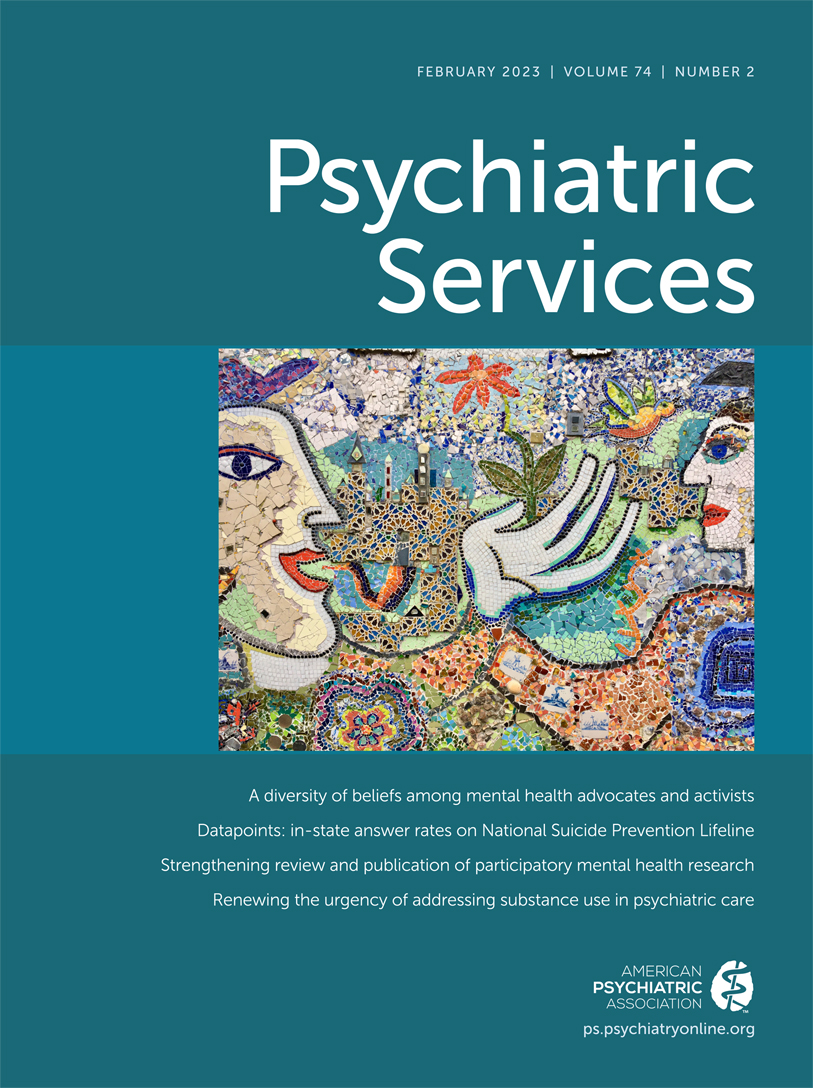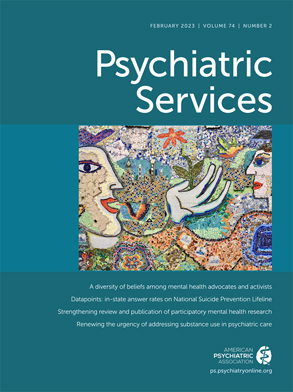A new kid was brought into our facility. I had taken note of him as I clocked in for work. He looked like a tough kid, with the exception of the glaring fear in his eyes. I entered the breakroom and poured myself a cup of coffee. My colleague had entered. She glanced over at me, rolling her eyes.
“You see the new kid assigned to me,” said my coworker. Her voice was shaking. I could see she was irritated.
“I saw him. What do you think of him?” I asked.
“Thug. He’s a damn thug. I don’t know why we have to work with kids like these. I mean seriously, why me,” she replied.
Thug. The word burned my ears, and my mind drifted far away from the breakroom and my suburban life. I flashed backed to being a kid—young, scared, and wanting to be safe. When I was a kid, people said, “All those folks in the inner city, they are thugs.” I was from the inner city; I was not a thug.
As a child living in my grandmother’s neighborhood, I remember nights pierced by the sound of gunfire. Then, the sound of helicopter blades whirling often signaled that the police were in pursuit of gang members. This disturbance of gang activity also heightened the potential for drive-by shootings. And sometimes my grandmother’s front windows would be shot out. She would scream to my cousins and me, “Hit the floor! Get down on the floor!” At that point, we would stop what we were doing and drop immediately to the floor, the sounds of automatic gunfire, round after round, ripping through the air. Gunfire and sirens were the only thing that I could hear. I held my little brother as he cried and screamed, “I hate it here! I want to go home.”
My brother and I had working-class parents. They were government employees working similar shifts. During their hours at work, my grandmother watched my brother and me on the weekends. My parents’ home and my grandmother’s home were worlds apart. My parents had moved to suburbia, where we had lush green parks, walking trails, sidewalk cafes, bridle trails, a speedway, playhouses, museums, and other venues that kept us thoroughly entertained when we were home. When the economy started to take a turn, my parents had to pick up extra shifts and work long overtime hours. This placed my brother and me in my grandmother’s war zone–like neighborhood every week. It was a devastating change.
One Sunday night, the shootings started at 8 p.m. and intermittently continued into the wee hours of the morning. Around 3 a.m., when my father got off work, he would pick my brother and me up to take us back to the suburbs. As we made our way to our car, in the distance, we could hear police sirens, gunfire, and helicopters. We’d get home around 5 a.m., sleep for 2 hours, and then get up to catch the bus for school.
This way of life went on throughout junior high and high school. Some of my teachers would shake their heads at me. They’d make an example out of me by telling the other students, “You don’t want to be lazy like Amber. Amber, if you got more sleep last night, instead of goofing off all night, you’d be ready for class.” I would shrink in my chair, embarrassed by my teacher’s harassment, and keep quiet. At home, I also had to deal with domestic violence. I didn’t want to trigger any response that may make the school call my father. I just wanted to go home and sleep on days like that.
At lunchtime, I would go to sleep on the practice field. For the most part, people would leave me alone. However, some students nicknamed me “Dopey,” assuming I was a pothead and stoned. Other students, with more nefarious intentions, would walk up with a group of friends, point to me and say, “See, n-----s are good for nothing. Lazy. Don’t want to work or do anything. My dad told me that.” Then, they would walk away. Once I knew I was safe again, I would catch a few more minutes of sleep before returning to my advanced placement/college preparatory classes.
Leading multiple lives was difficult. I had to be street smart, book smart, accept being an outcast, and fight racial discrimination, gender discrimination, and sexual harassment. I also had to be the good girl in school—the good girl who made okay grades and had the respect of most of her peers. Life was rough back then, and I wondered how all of the various traumas in my life would later affect me.
By the time I was in college, I was already career bound, working in victim services, bolstering my education, and winning service awards. I had gotten into some trouble when I was younger. I was introduced to an amazing group of women that worked at a battered women’s shelter. They pushed me to go to college and guided me through the ranks in the field of victim services. With their help and encouragement, I changed my life.
If people had given up on me, the way that my colleague had already given up on her young client, I would not have succeeded. “Thug.” The word seared my ears and soul. I had worked so hard to be anything but a thug. Changing your life isn’t easy; I had worked hard to get to where I am today.
I remembered I thrived in my career, but working in victim services was not easy. I was always so tired, both emotionally and physically. There were days where I would run into families that were just like mine. The secondary trauma weighed heavily on me. Concerned coworkers would ask whether I was okay. The answer always had to be yes. Most people in similar circumstances do not want to jeopardize their job by saying, “No, it’s difficult seeing aspects of your traumatized childhood in other families.” Thus, we just persevere and keep moving forward. I loved working with victims of violence. I wanted to give back. I wanted to change the lives of others, as mine had been changed.
On the one hand, my life experiences help me to connect so empathetically to others. On the other, I feel I have to keep up a charade with coworkers. I had to be the pillar of strength at work, because coworkers looked to me for the answers or thought I had it all together. However, this was not true.
I was diagnosed with complex posttraumatic stress disorder. I wasn’t sure what that diagnosis meant, but whatever it was, it was getting in the way. I got what help that I could and continued to persevere. During times in which I struggled with life, school, or work, my peers, friends, and family would have “talks” with me. They would tell me that I just needed to “put the past behind me,” “work smarter, not harder,” “stop expecting things to fall into my lap,” or to “stop thinking the minimal efforts” I had made would result in something grand. I often let people say what they wanted.
It was enough working two jobs, furthering my education, balancing my social life, and managing my overall health. Yet I continued forward. I had gotten into a solid relationship. I was well known in my profession. I had entered a doctoral program. By 2020, amidst the COVID-19 pandemic and social and financial uncertainty, I had become a doctor of behavioral health. When the pandemic hit, life became difficult. I had just started my own business the year before. I was a chief executive officer. I was proud. Yet the pandemic stopped all momentum and progress that my business was making. I started to get consumed with depression. Life kept hitting me.
Then, in 2021, I lost my grandmother—my sweet grandmother, who had raised me almost all my life. It was so hard to cope with that loss. In December 2020, just before dementia took over her mind, my grandmother looked at me, her beautiful, graceful smile so big and bright and her eyes full of love, caring, and understanding. She took my hand. She pulled me near, “I’m so proud of you. I made a doctor. The first doctor in my family. You are so strong and so bright. Nothing can stop you. Don’t let anything ever stop you.”
In my life, I had people who did not give up on me. The team of incredible women at the battered women’s shelter saw me as having limitless potential. My grandmother always encouraged me forward. As providers, I think when we have a new client in our midst, we must see them as limitless potential. We cannot yield to our darkest suspicions about a kid. Perhaps the young kid across the table from you is not a thug. Perhaps he is just a scared little boy, with limitless potential, who needs someone to see the light in him. The young man and I did not look the same. I was a doctor. He was a client in a shelter. However, we shared the stereotypes that people had about us. He was labeled a thug. I was labeled a thug. The only difference between us was that I was, eventually, approached as though I had potential. This must be our starting point when working with people from less fortunate circumstances.

